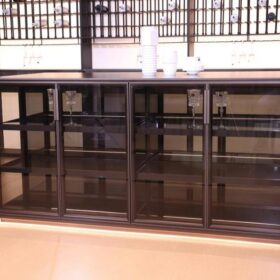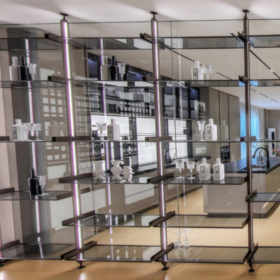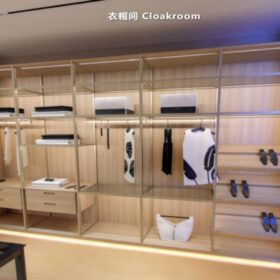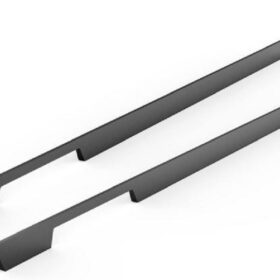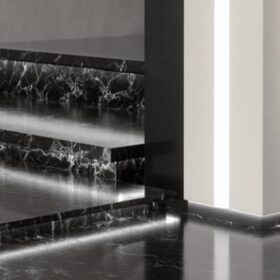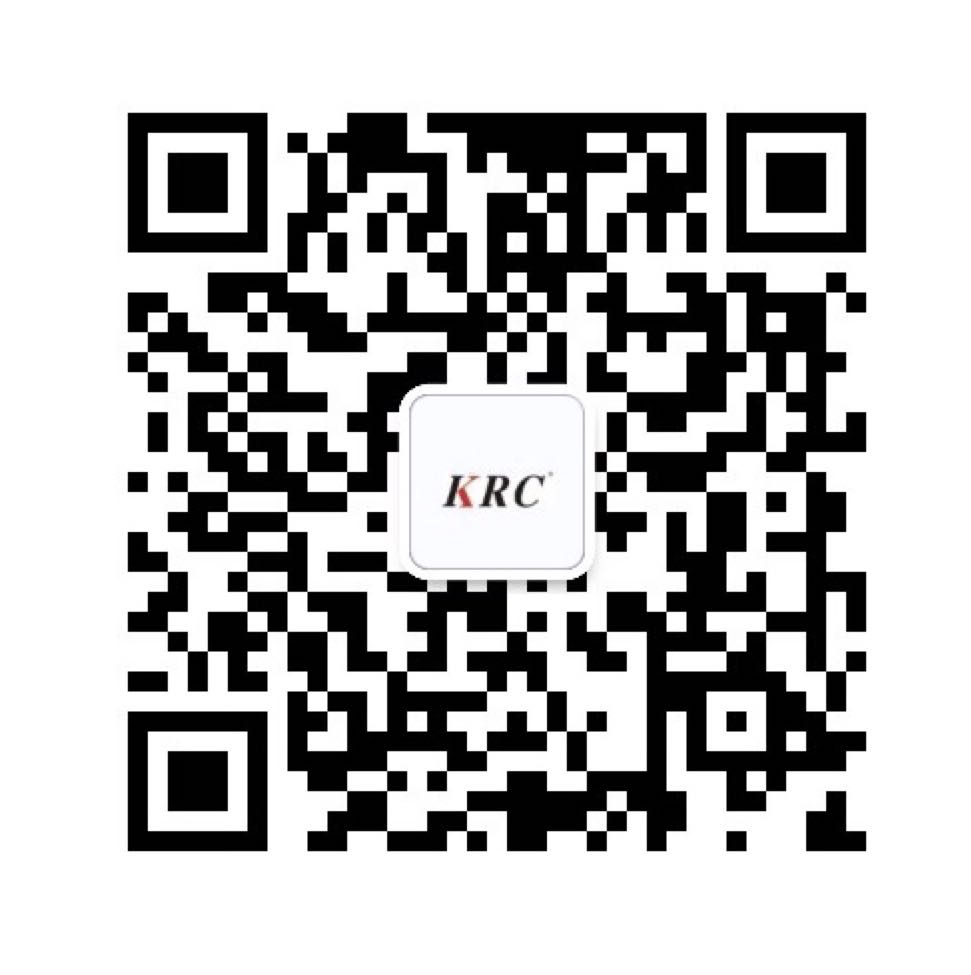Eco-Friendly Practices with Circular Aluminum Profiles
Introduction
Circular aluminum profiles have emerged as an innovative solution to enhance sustainability in various industries. By embracing circular economy principles, these profiles offer environmental benefits throughout their lifecycle, promoting resource conservation and reducing waste. This article explores the eco-friendly practices associated with circular aluminum profiles, highlighting their positive impacts on the environment.
Durable and Long-Lasting
Circular aluminum profiles are crafted from high-strength aluminum alloys, making them highly durable and resistant to corrosion. Their long lifespan significantly reduces the need for frequent replacements, minimizing the extraction and production of new materials. Furthermore, their recyclability allows for multiple lifecycles, ensuring continued use while reducing resource depletion.
Energy Efficiency
The production of aluminum profiles consumes a substantial amount of energy. Circular profiles address this challenge by prioritizing recycled aluminum, which requires significantly less energy compared to primary aluminum production. Additionally, the optimization of profile designs and manufacturing processes further improves energy efficiency, contributing to the reduction of greenhouse gas emissions.
Minimal Waste Generation
Circular aluminum profiles minimize waste generation by adopting closed-loop recycling systems. After reaching the end of their initial use, the profiles are collected, processed, and reintroduced into the manufacturing process. This reduces the amount of waste sent to landfills and promotes the efficient utilization of resources.
Pollution Reduction
Circular aluminum profiles play a crucial role in reducing air, water, and soil pollution. By eliminating the need for primary aluminum production, they minimize the release of harmful pollutants associated with mining and smelting operations. Additionally, their closed-loop recycling systems prevent the contamination of the environment with waste materials.
Sustainable Sourcing
Sustainability extends beyond the profiles themselves to include their supply chain. Circular aluminum profiles prioritize responsibly sourced materials, ensuring that the aluminum used in their production is ethically and environmentally extracted. This promotes transparency and accountability throughout the entire lifecycle of the products.
Environmental Certifications
To demonstrate their commitment to eco-friendliness, circular aluminum profile manufacturers often obtain certifications from reputable organizations. These certifications, such as ISO 14001 and LEED, validate the sustainability practices employed in the production and distribution of the profiles. They provide assurance to customers that the products they choose are environmentally responsible.
Conclusion
Circular aluminum profiles embody the principles of sustainability, offering a myriad of eco-friendly advantages. Their durability, energy efficiency, and waste reduction capabilities promote resource conservation and protect the environment. By prioritizing recycled materials, minimizing pollution, and embracing sustainable sourcing, these profiles contribute to a more circular economy that aligns with the growing global demand for environmentally conscious products and practices.
-
2024-11-29Top Trends in Modern Kitchen Cabinet Pulls for 2024
-
2024-11-28The Ultimate Guide to Modern Kitchen Cabinet Pulls- Materials, Styles, and Tips
-
2024-11-27Elevate Your Kitchen Design with These Must-Have Modern Cabinet Pulls
-
2024-11-26Sleek and Stylish- The Best Modern Kitchen Cabinet Pulls for a Contemporary Look


